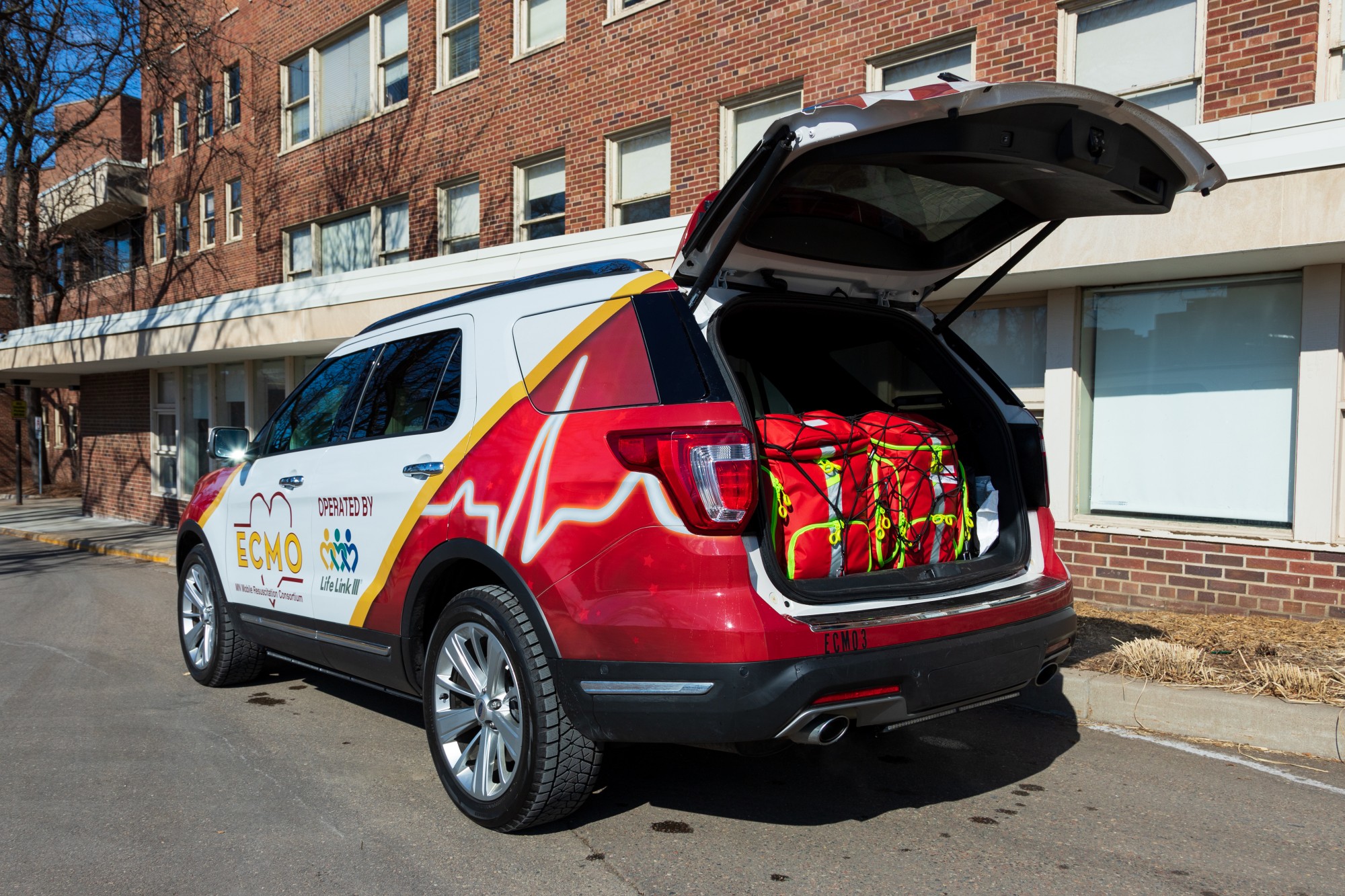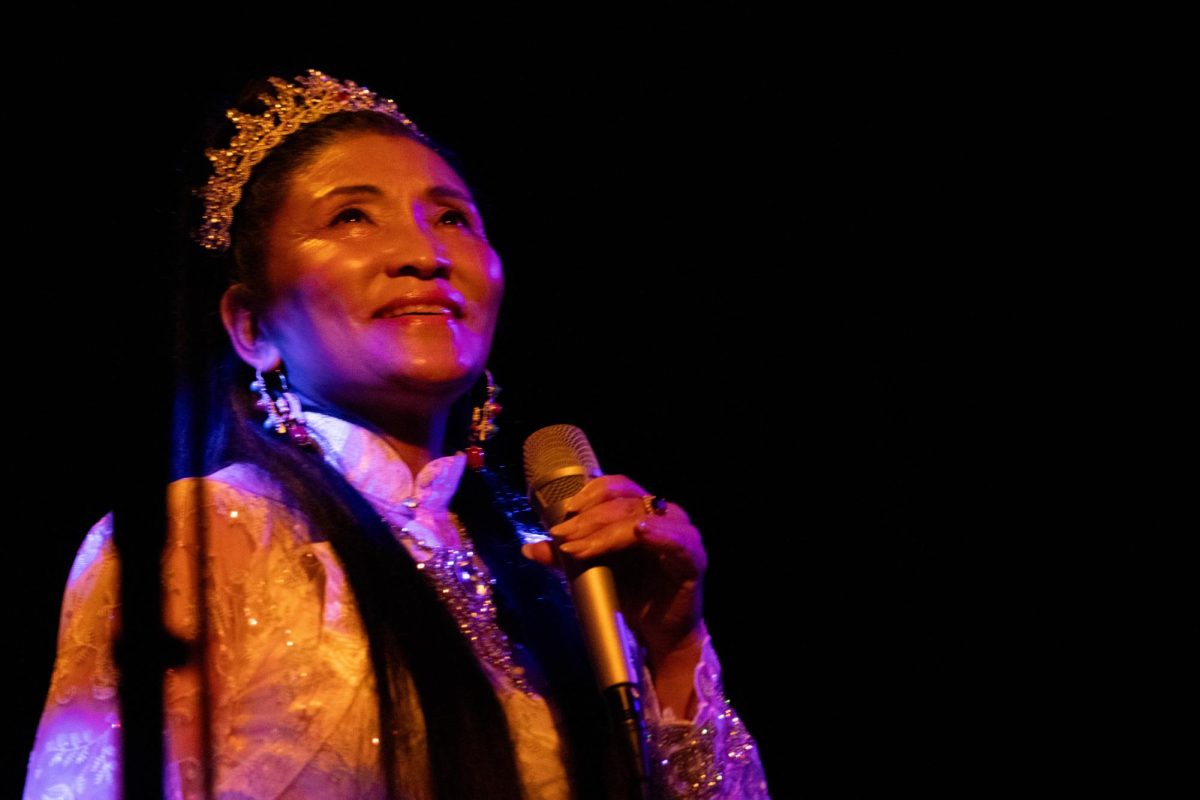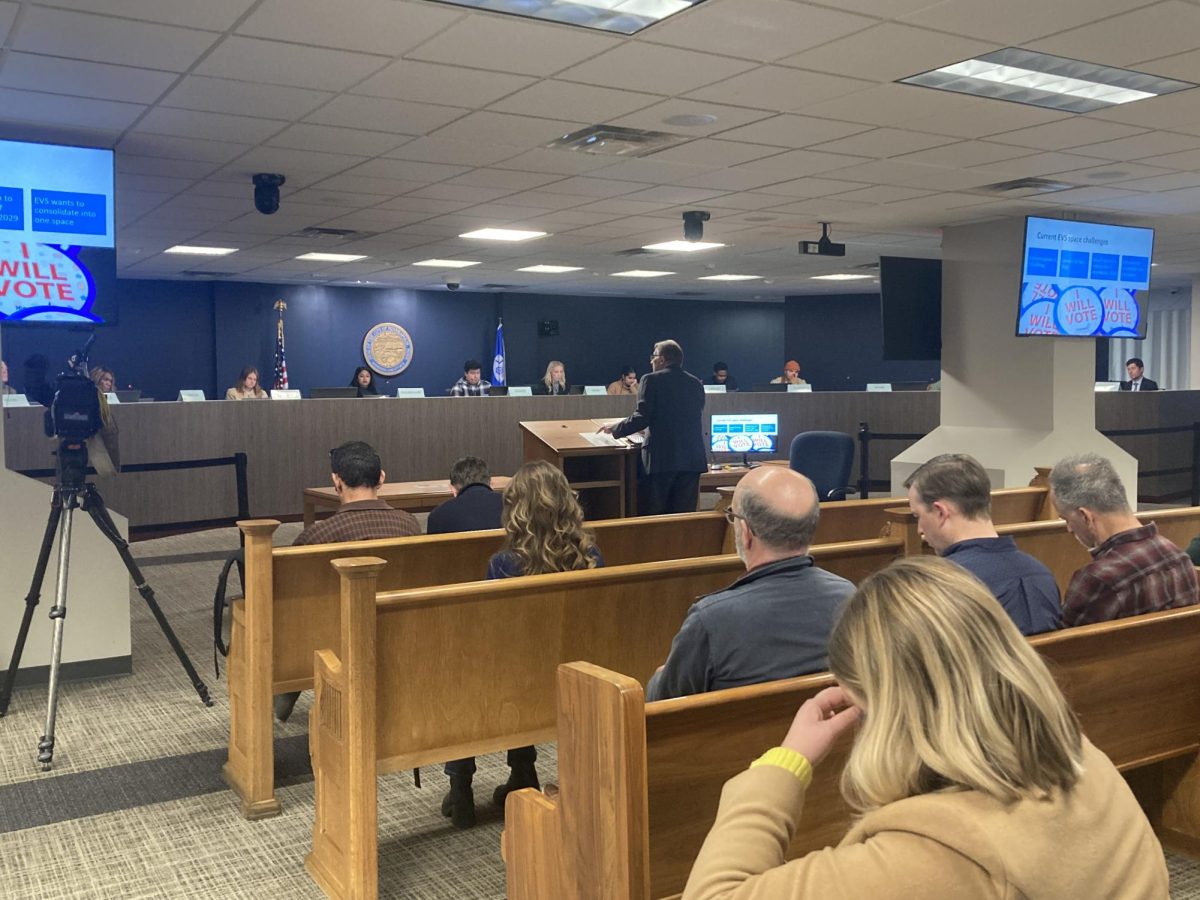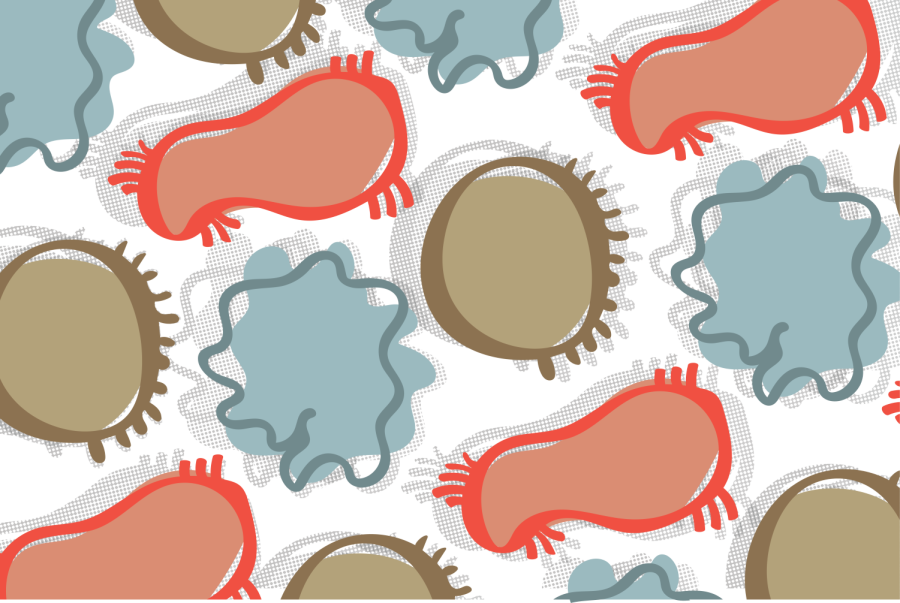Four years ago, Creighton Clemens went to bed like it was any other night, unaware that the next time he’d be conscious would be four days later.
That night, he went into cardiac arrest. When his wife called 911 and paramedics tried CPR, they weren’t able to restart his heart. Because Clemens was in the Twin Cities area, paramedics realized he was eligible for a University of Minnesota cardiac arrest program. They immediately shuttled him to the University, where physicians were able to restart his heart.
“If I would have been a couple of miles in another direction outside of that geographic area … I would not have survived,” Clemens said.
Clemens was one of the 20 cardiac arrest patients treated in the initial phase of the University’s ECMO resuscitation program in 2015. Now called the Minnesota Mobile Resuscitation Consortium, the program reaches patients all over the metro area with SUVs stocked with life-support equipment. The MMRC is funded by an $18.6 million grant from the Leona M. and Harry B. Helmsley Charitable Trust and will eventually include larger vehicles with virtual reality technology. Program creators said the goal is to get to cardiac patients faster.
The SUVs and new larger vehicles both have extracorporeal membrane oxygenation machines, which ambulances don’t typically have. An ECMO machine takes the blood out of the heart and oxygenates it, replacing both the heart and lung functions in the patient’s body.
“[We secure] the heart and the lungs without actually needing their function to be normal, and we have then an opportunity to have a stable patient and we can actually look for the cause of the arrest and fix it, in many cases being the blocked arteries,” said Demetri Yannopoulos, creator of the initial program and a University professor of medicine.
The SUVs meet cardiac patients at participating emergency departments, where the patient is put on the ECMO machine. With the larger vehicles, the program aims to eventually meet patients at their homes or nearby.
The most important determinant of patient survival is time, he said. The faster patients are connected to the ECMO machine from the time of their cardiac arrest, the higher the chance of survival.
“[The program has] a team available 24/7 that knows how to do this,” Yannopoulos said. “… We’re going to intercept the patients at the closest emergency department in a way that will try to cut their time about 15 to 20 minutes to be placed on ECMO earlier than they would have otherwise.”
The larger vehicles will also hold virtual reality equipment.
“Every case can be recorded and viewed at the same time from all of the members of the team,” Yannopoulos said.
Physicians can also store the information and use it to expand these programs so that people can see how this works, he said.
“This is something so high tech, so far out there, that nobody’s doing it in the United States to this scale. If we can do this in the Minneapolis-St. Paul area, we can replicate this across the country,” said Walter Panzirer, a trustee of the Leona M. and Harry B. Helmsley Charitable Trust, which provides funding for many cardiac initiatives across the Midwest.
When normal CPR is applied to cardiac patients, a 10% survival rate is lucky, he said. When using ECMO machines, more than 40% of cardiac patients are resuscitated.
“This is going to change how people look at cardiac arrest care, and it’s really going to save a lot of people in the Minneapolis region,” Panzirer said.
Several competing hospitals are working together in this program, he said. Partners include Fairview Health Services, Regions Hospital and North Memorial Health Care System.
“This is one project where you can’t do it alone, you got to have everyone together — all of the hospital systems, the multiple EMS systems and also the University,” Panzirer said.














